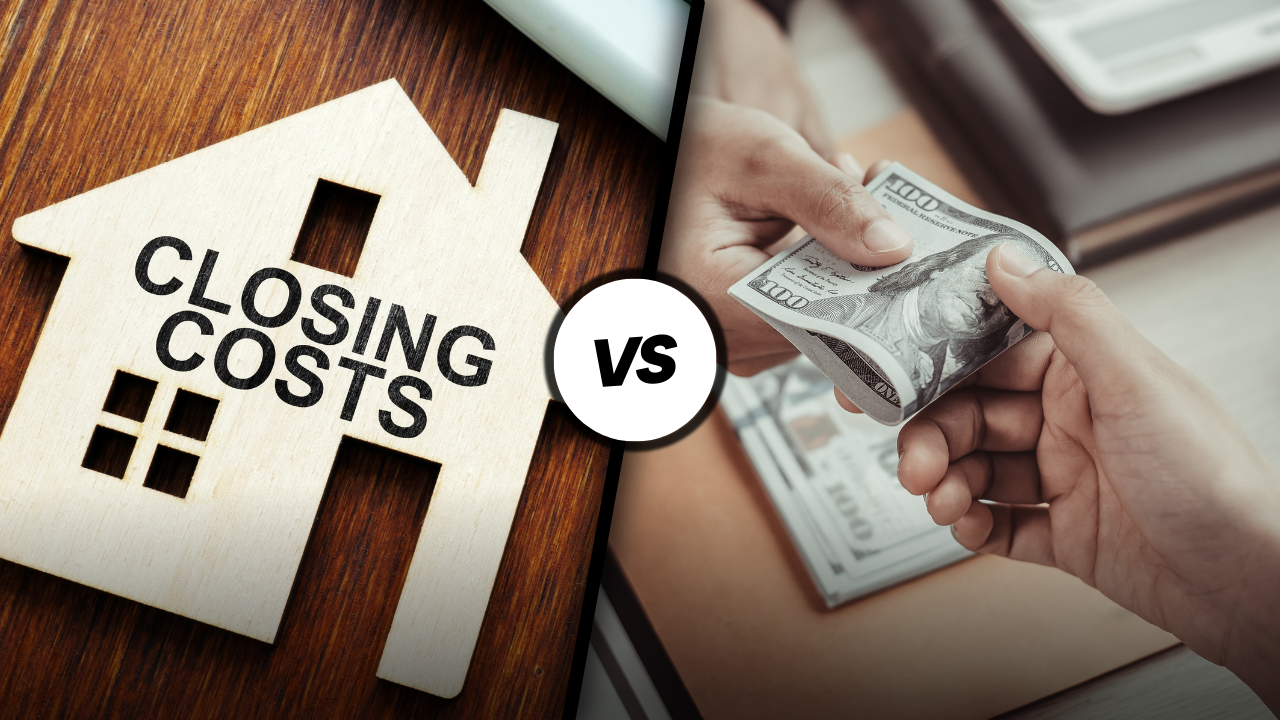
Buying a house is exciting, especially if it’s your first home. Over the last few months in your home-buying process, you’ll have encountered several unfamiliar terms, such as cash to close vs closing costs, down payment, preapproval, principle, property tax, and many more.
This blog discusses all the differences in the costs you will deal with during your home-buying process.
Difference Between Closing Costs And Cash To Close
The difference between closing costs vs cash to close is critical; most people have this common misconception. This blog will discuss some of the main misconceptions about closing costs and cash-to-close so you can budget accordingly and end your house-buying experience as smoothly as possible.
Cash to close and closing costs are related but not synonymous. Cash to close includes all the money you need to bring to closing, which consists of the down payment and all buyer closing costs, reduced by the amount of any credits to the buyer.
On the other hand, Closing costs on a cash sale encompass fees charged by the lender as well as any expenses incurred from third-party services, excluding any down payment.
What Are Real Estate Closing Costs?
Closing costs are a collection of fees that must be paid by buyers and sellers when they finalize the purchase of a home. These fees are intended to cover the costs associated with the transaction’s legal, administrative, and financial aspects, such as appraisals, title searches, and loan origination fees.
At this point, buyers and sellers are typically subject to various closing costs and expenses. These costs can include any payments from lenders, title companies, appraisers, and third parties for performing a service in finalizing the real estate transaction.
Closing costs, often ranging from two to six percent of the home’s total purchase price, are influenced by a variety of factors. It’s important to note that these expenses can pose a significant hurdle for those who cannot afford the closing costs.
For sellers, it depends on agent commission and concessions; for buyers, it depends on the loan program, loan size, and individual lender policies and practices. Here are a few examples of the typical fees you’ll need to pay:
Application fee
This is the initial charge from your mortgage lender for processing your mortgage.
Attorneys fee or settlement fee
This fee is paid to a real estate attorney to finalize the title transfer. If you use an Escrow agent, you’ll pay a settlement fee.
Recording fee
This fee covers the transfer of property ownership from the seller to the buyer. The amount varies depending on where the property is registered.
Title search insurance
When purchasing a property, you must check its title status to protect against third-party claims. This involves a title search to uncover past bankruptcies, liens, or other relevant factors. You’re responsible for paying for the title search and title insurance.
Appraisal fee
A professional appraiser assesses the value of your new home. Lenders use this appraisal to confirm the house’s value and determine if they’re lending more than it’s worth.
Private mortgage insurance
If you’re buying a home in virginia with less than a 20% down payment, a conventional mortgage lender may require you to purchase PMI. This insurance protects the lender if you default on the loan. When closing the mortgage deal, you must pay the first month’s PMI premium.
How Much are Closing Costs?
How much you’ll have to pay in closing costs depends on several factors, but on average, they run between 2% and 5% for the buyer. So, if the property you’re buying is $300,000, you can expect to pay between $6,000 and $15,000 in closing costs.
You have two options when it comes to covering your closing costs. The most cost-effective way is to pay them directly out-of-pocket as a one-time expense. The other option to pay closing costs is to fold them into the loan.
Not all lenders allow you to do this, but if yours does, remember that you’ll be paying interest on your closing costs through the life of the mortgage.
What Is Cash To Close?

Cash to close is the total amount of cash you need on the closing date to complete the deal. When you come to closing, the following items will be used to determine how much cash you need to settle the home purchase transaction.
First, if you have a down payment, that’s part of your cash to close. Cash to close is the amount of money you put into the home, expressed as a percentage of the purchase price. It reduces what you borrow to buy the house. The total amount you will need to close your home is the down payment plus all closing costs.
When calculating the closing costs on cash purchase, any earnest money deposit along with credits from the loan officer or seller are deducted. Should there be minor adjustments or if the appraisal value of the house exceeds its sale price, the closing costs you face could end up being less than what was initially projected
Here are some figures that are part of your cash to close amount include:
Down payment
This is the upfront percentage of your home’s purchase price you pay the lender. It is often the most significant cost in your cash to close. The required minimum down payment depends on the type of loan.
Total closing costs
The total closing costs are the upfront expenses necessary to complete your real estate transaction.
Prepaids
Prepaids include any interest accumulated on the loan between the closing date and the end of the month, the first year of your homeowner’s insurance premiums, and other assessment costs.
Credits
Credits refer to the money you have already paid or fees you have already covered with the lender. They are deducted from your total cash to close. Credits can also include costs the seller has agreed to pay on your behalf.
How to Calculate Cash to Close
A few days before your closing date, it’s usual for the lender to send out a five-page document that’s called the Closing Disclosure. In this important document, they will highlight the total fees and expenses you’re going to pay for your home loan. Check this document carefully because it will help you better understand the difference between cash to close vs closing costs. The information will include:
- A summary of your loan terms
- Projected payments
- Costs due at closing, including totals for your closing costs and cash-to-close amounts
| Details | Closing Costs | Cash to Close |
| Definition | Expenses incurred during the real estate transaction are typically paid at the sale or a property’s closing or refinancing. | It is the total amount of money a buyer needs to bring to the closing table to complete the purchase of a property. |
| Components | Loan origination fees | Down payment |
| Appraisal fees | Total closing costs | |
| Title search and insurance fees | Credits | |
| Attorney fees | Prepaids | |
| Recording fees | Reserves | |
| Purpose | Covers expenses related to the transaction, including fees for services rendered by lenders, attorneys, appraisers, and other parties involved in the closing process. | Represents the total amount required upfront to complete the purchase, typically composed of the down payment, closing costs, and prepaid expenses. |
| Financing Options | Some closing costs can be financed by rolling them into the loan amount; however, this increases the loan balance and interest paid over time. | Cash to close cannot be financed and must be paid upfront by the buyer. |
| Calculation | Costs can vary depending on the location, property type, loan type, and other factors. Lenders must provide a Loan Estimate outlining the estimated closing costs shortly after the loan application. | It was calculated by adding up the down payment, closing costs, and prepaid expenses. The amount can influence the purchase price, loan type, and negotiated seller concessions. |
Conclusion
When you’re ready to pay your cash to close amount, you know you’re one step closer to owning your home and receiving the keys. Now that you understand the difference between cash to close vs closing costs, you can ensure you’ve got the money you need and avoid surprises. With the right strategy and a little effort, you can achieve your homeownership goals while staying within your budget. Don’t navigate the homebuying process alone! Reach out to HR Property Doctor to discuss any questions you may have.

